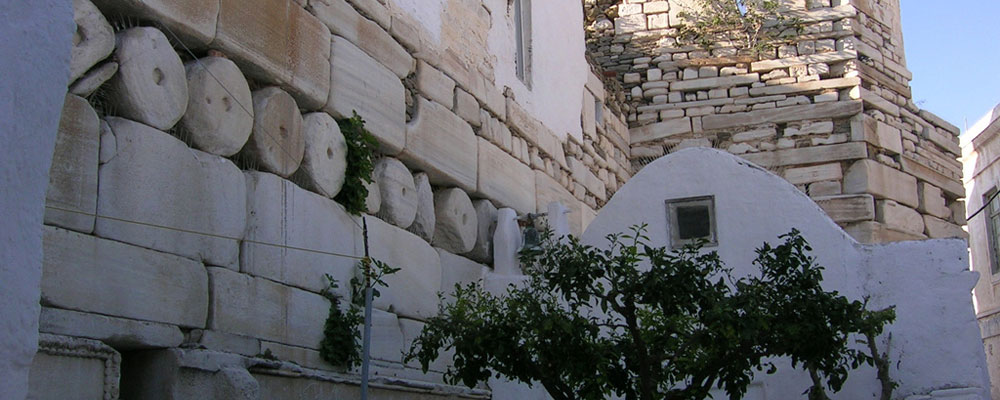
You are using the Free Edition of ParosAPP. For extensive information on Paros, GO PRIME with our comprehensive Greek Travel App featuring the full editions of Paros and 25 more Greek islands & Athens.

Ah, Paros – our island playground with a history as rich as its landscapes! Picture this: since the Neolithic Ages, around 4000 BC, this place has been a hub of life. Caves like Demonon in the hillside of Lagada in Aspro Chorio and the stunning cave in Antiparos provided shelter for folks, leaving their mark on the stalagmites and stalactites deep below.
Now, during the Cycladic times, or early Bronze Age (3200-2000 BC), Paros truly blossomed. Villages popped up in Kastro, Parikia, the wind-sculpted hills of Kolymbithres, Aliki, and Glyfa. Ancient tombs adorned with classic Cycladic sculptures dotted the island, showcasing its artistic flair.
Myth has it that Alkios, the 1st king of Paros, built a city in modern-day Parikia during the Minion period (2000-1500 BC). With Crete dominating the seas, Paros became a strategic hub – safe harbours and fertile plains turned it into a naval powerhouse, earning the moniker Minoa. The Minoans paved the way for the Mycenaeans, who built their own settlements.
In the 1st millennium BC, the Arcadians took over, giving us the name Paros. Then came the Ionians from Attica, and Paros’ naval strength, agriculture, and marble trade soared. Literature and sculpture thrived, and temples like the one dedicated to Athena in Parikia showcased the island’s artistic prowess. Marble from Paros, famed for its quality, graced the works of renowned sculptors.
During the Greco-Persian Wars, Paros had a stint on the Persian side but later allied with Athens. The island saw various rulers, from Phillip of Macedonia to Ptolemy, and even became a part of the Roman Empire.
Christianity brought splendid churches and monasteries during the Byzantine Era, including the famous Ekatontapiliani Church. But the 7th century brought pirate attacks, turning Paros into a pirate hideout.
The Venetians ruled from 1207 AD, interrupted by a pirate takeover in 1537 by Hayreddin Barbarossa. Turkish rule began in 1560 and lasted until the Russian-Turkish Wars in 1770, when Paros played a role in Russian operations.
Paros joined the Greek Revolution in 1821, gaining independence and becoming part of the new Greek State. The island weathered World War II occupation, and from the mid-20th century, it evolved into a tourist haven. Today, Paros stands proud, boasting a renowned cultural scene, breathtaking beaches, easygoing days, and vibrant nightlife. Our beloved island has truly embraced its past while flourishing in the present. Cheers to Paros – a timeless gem!